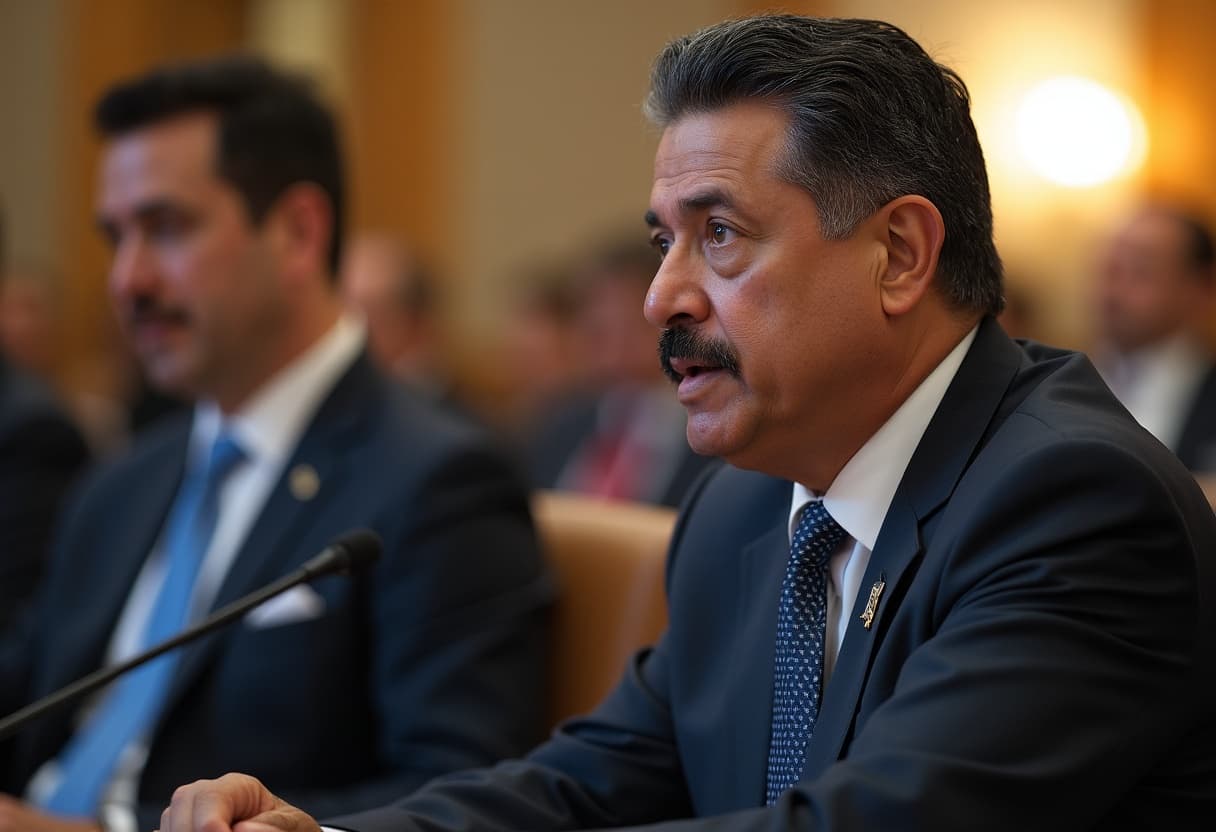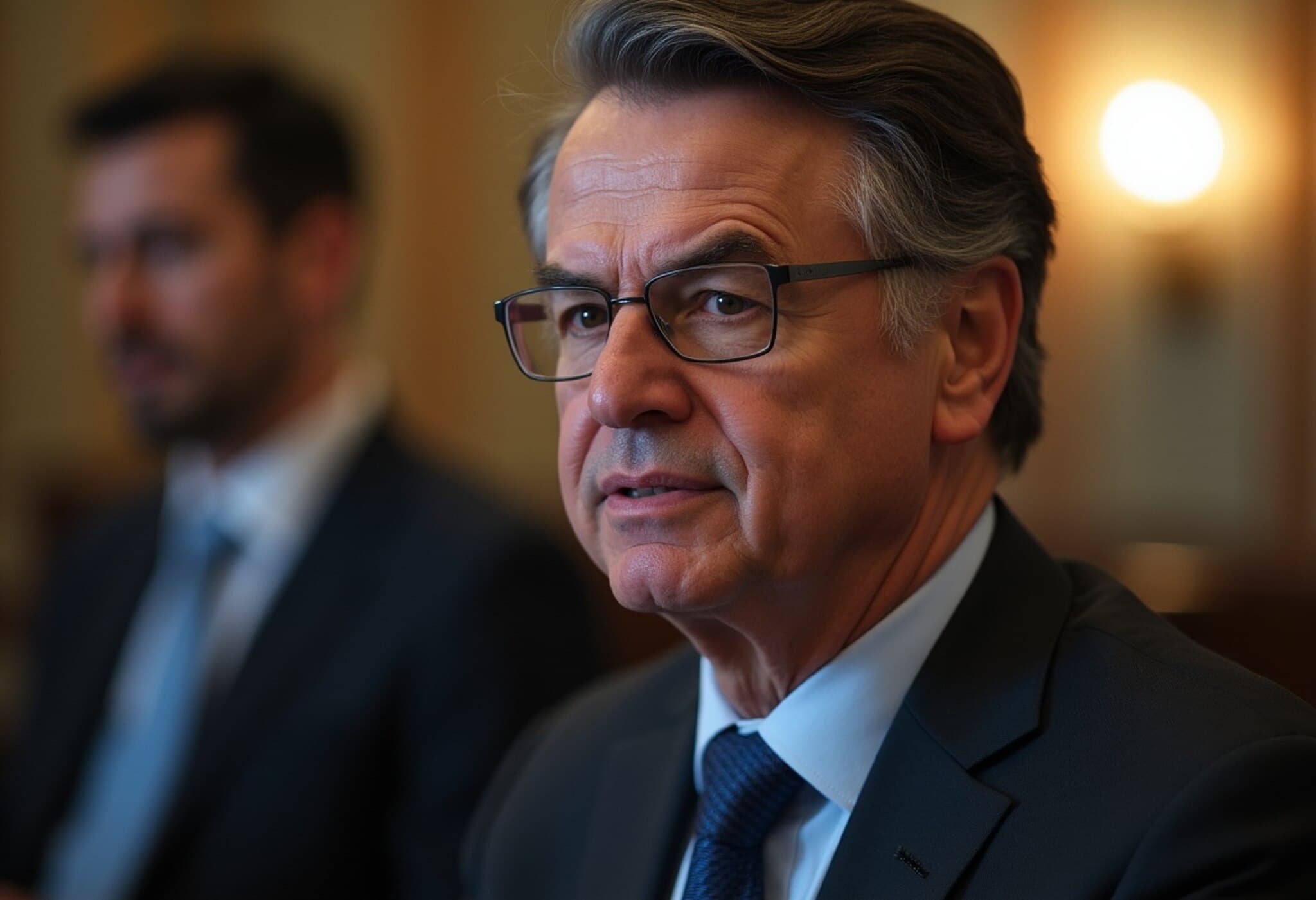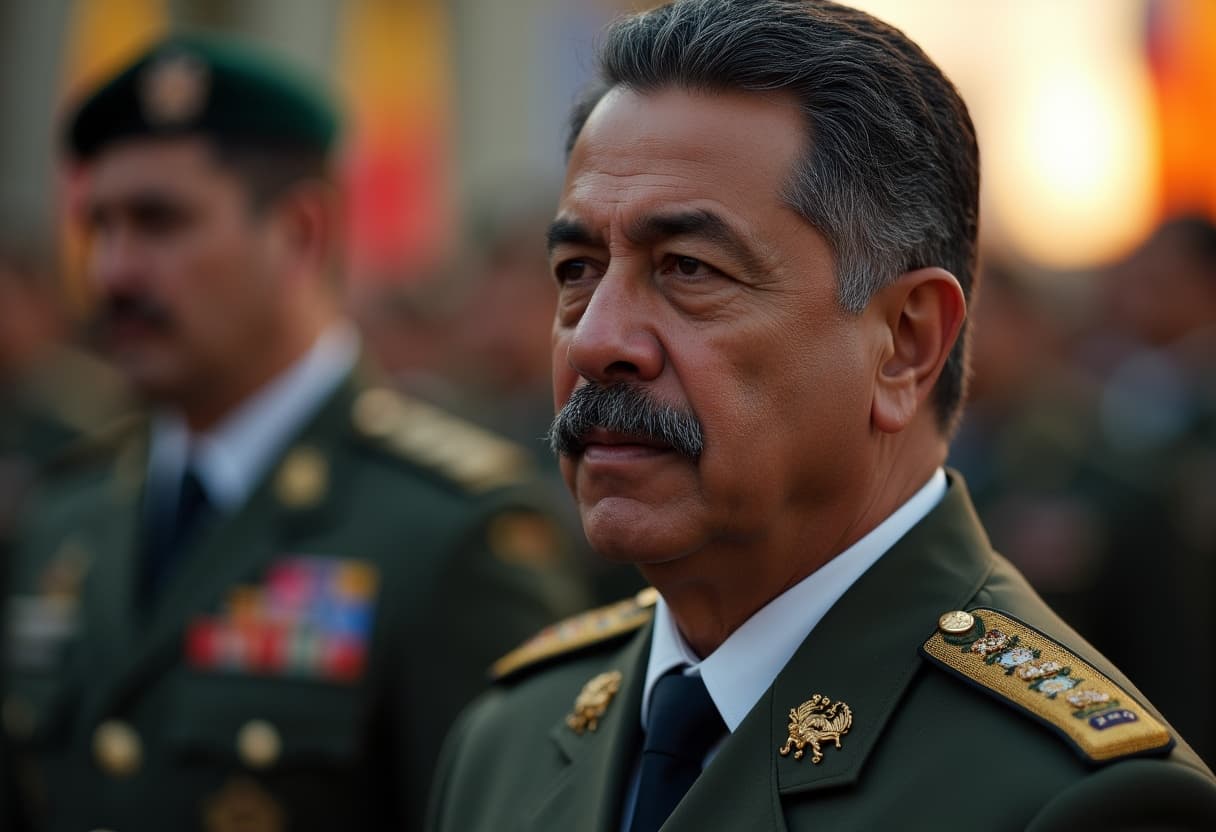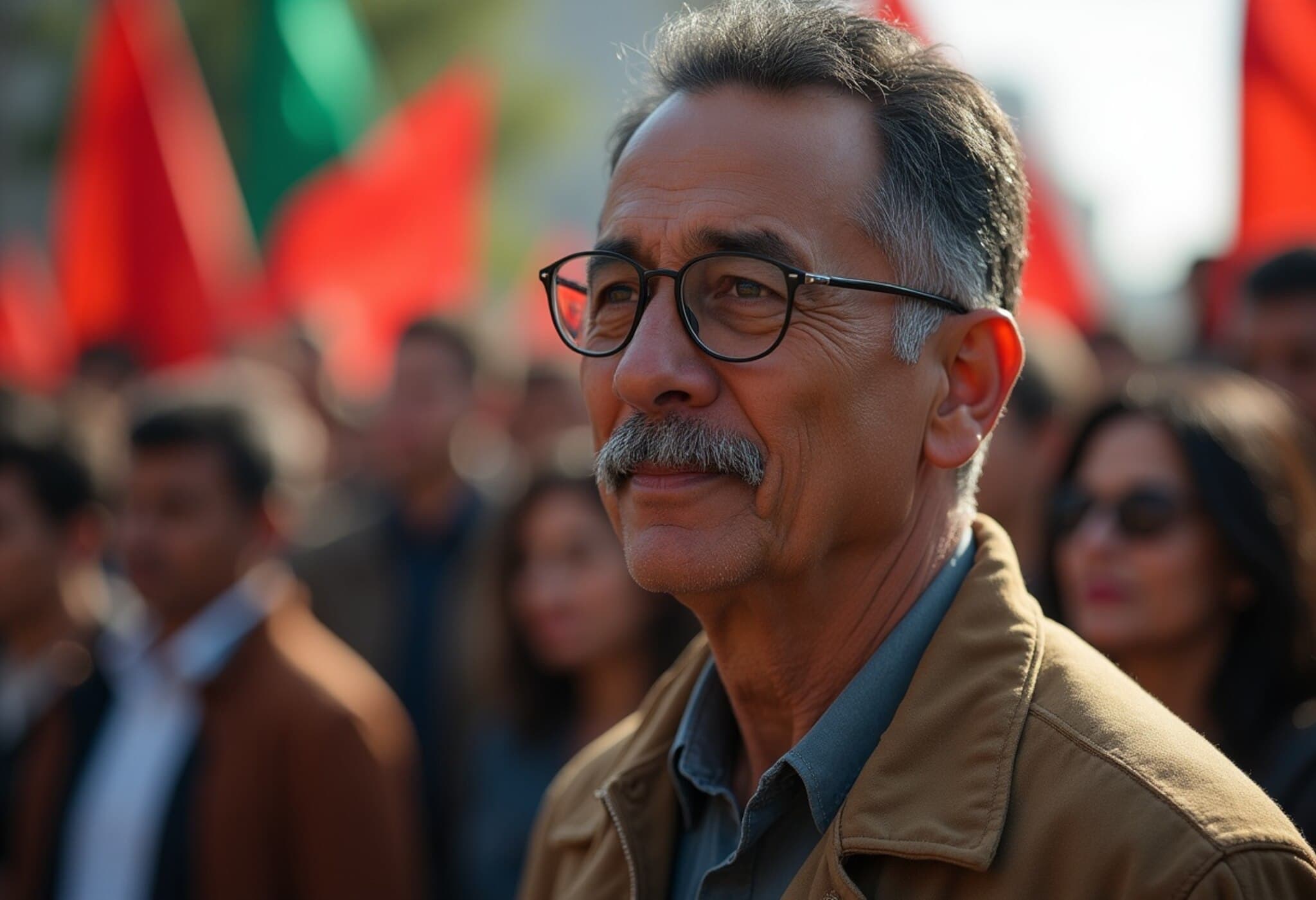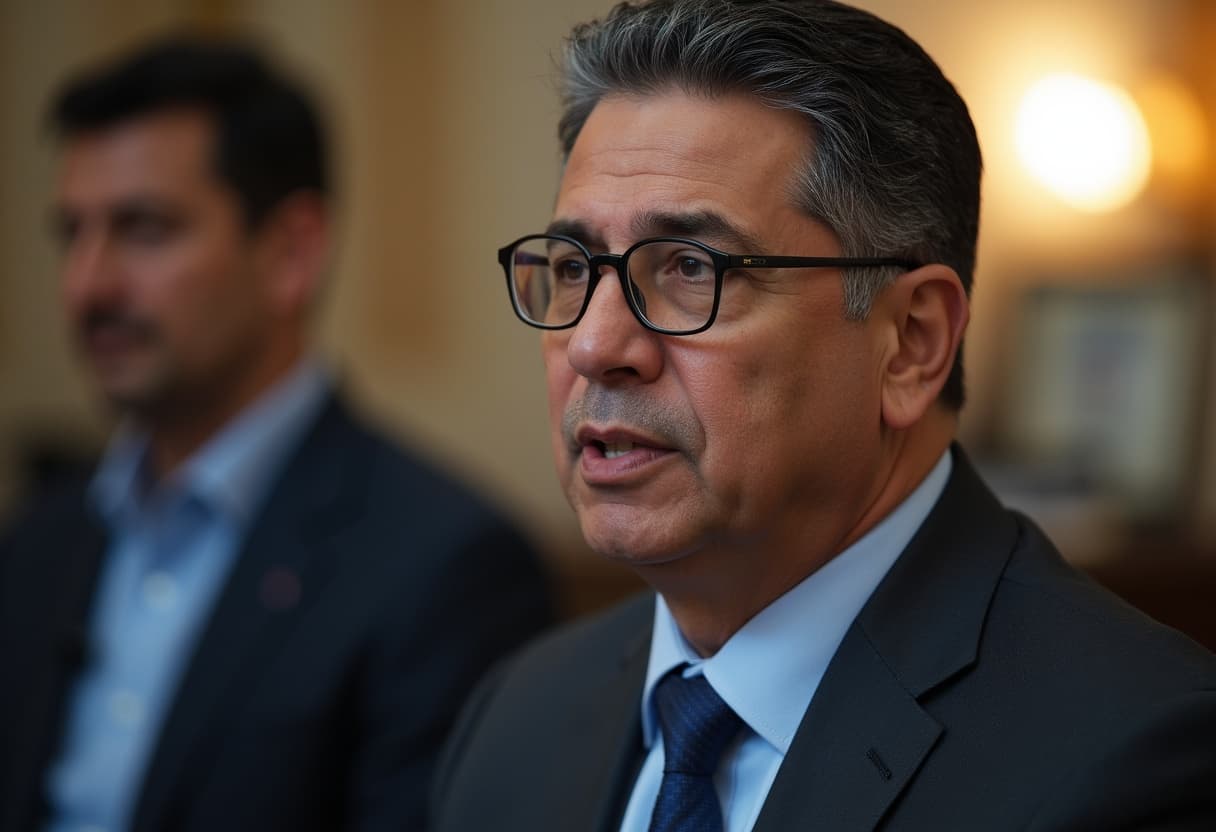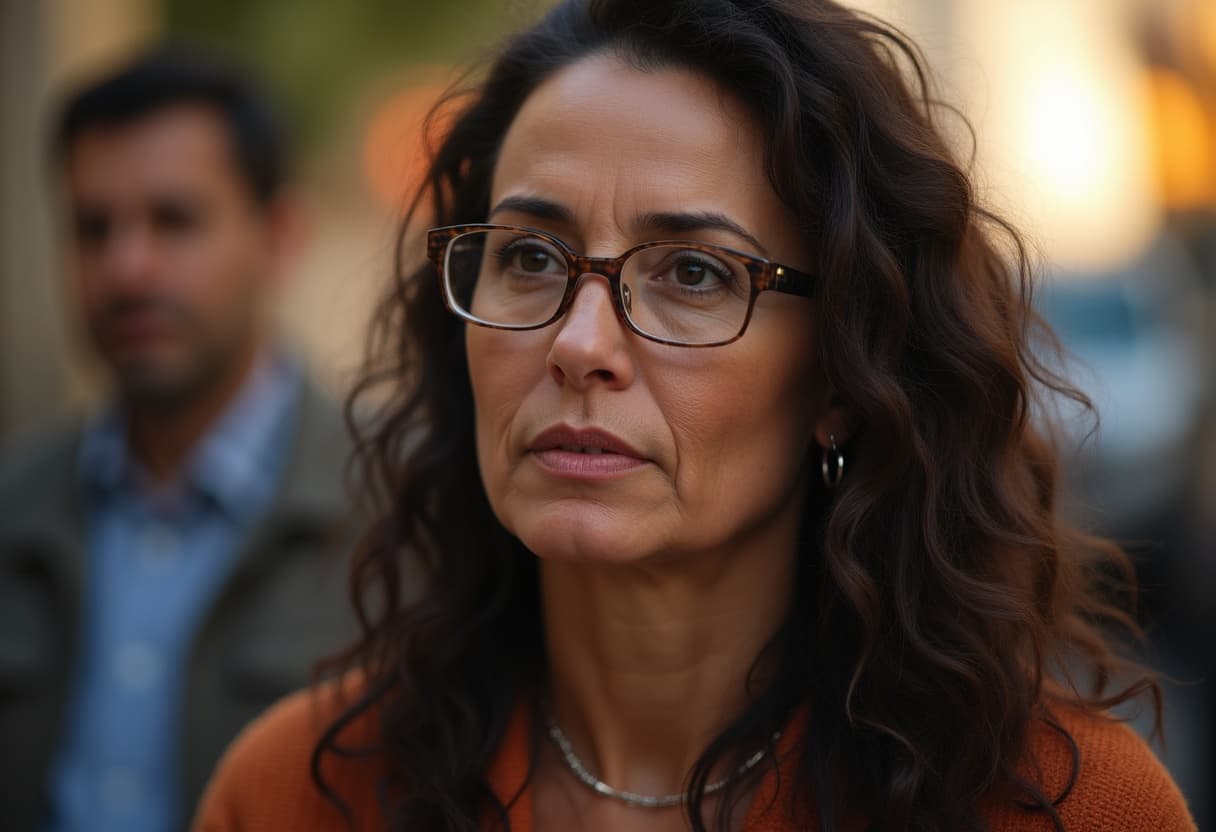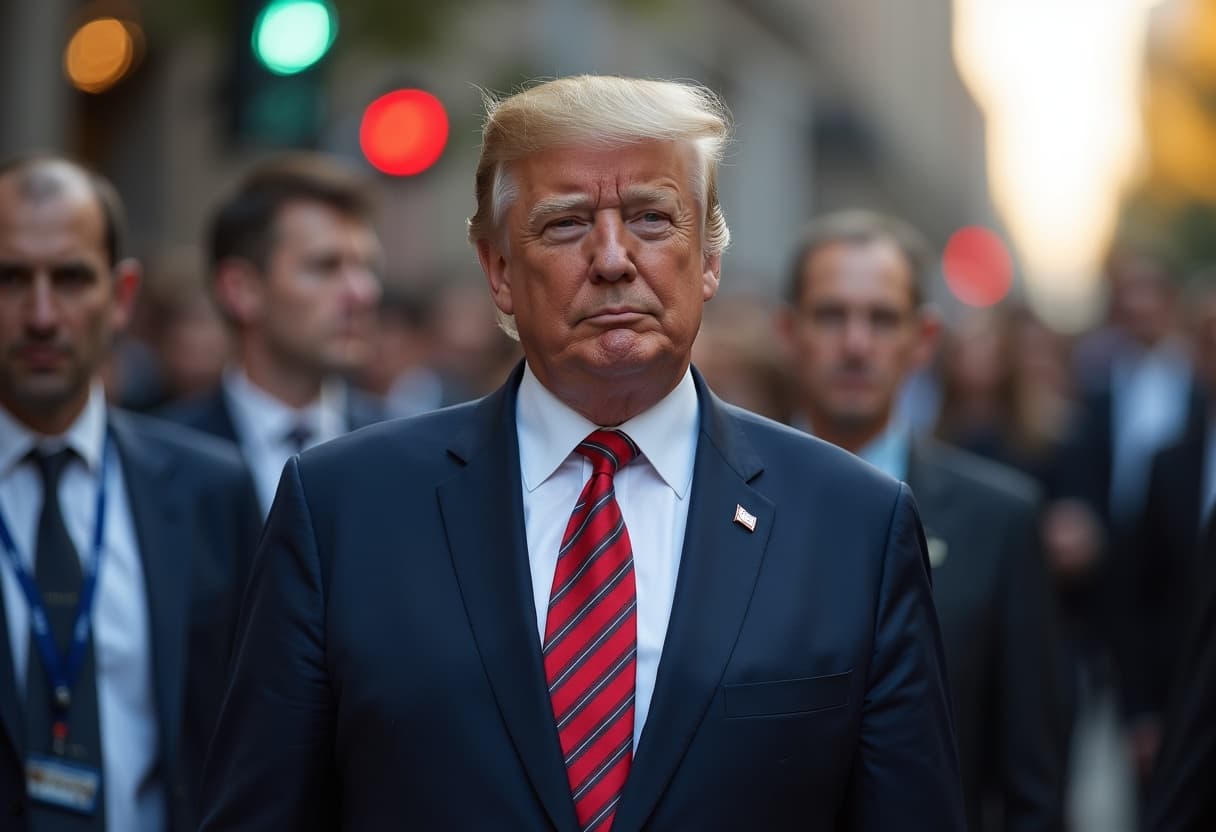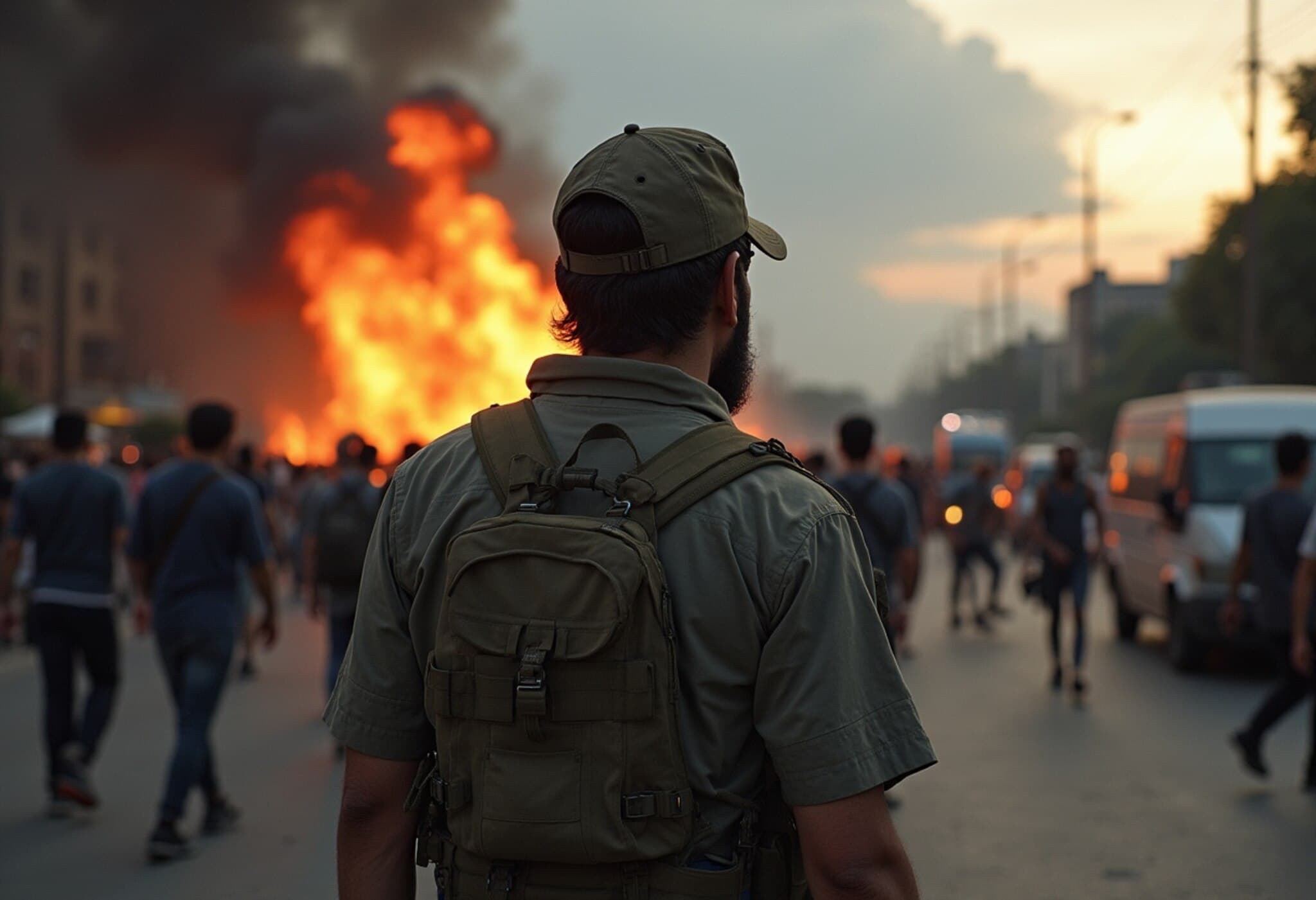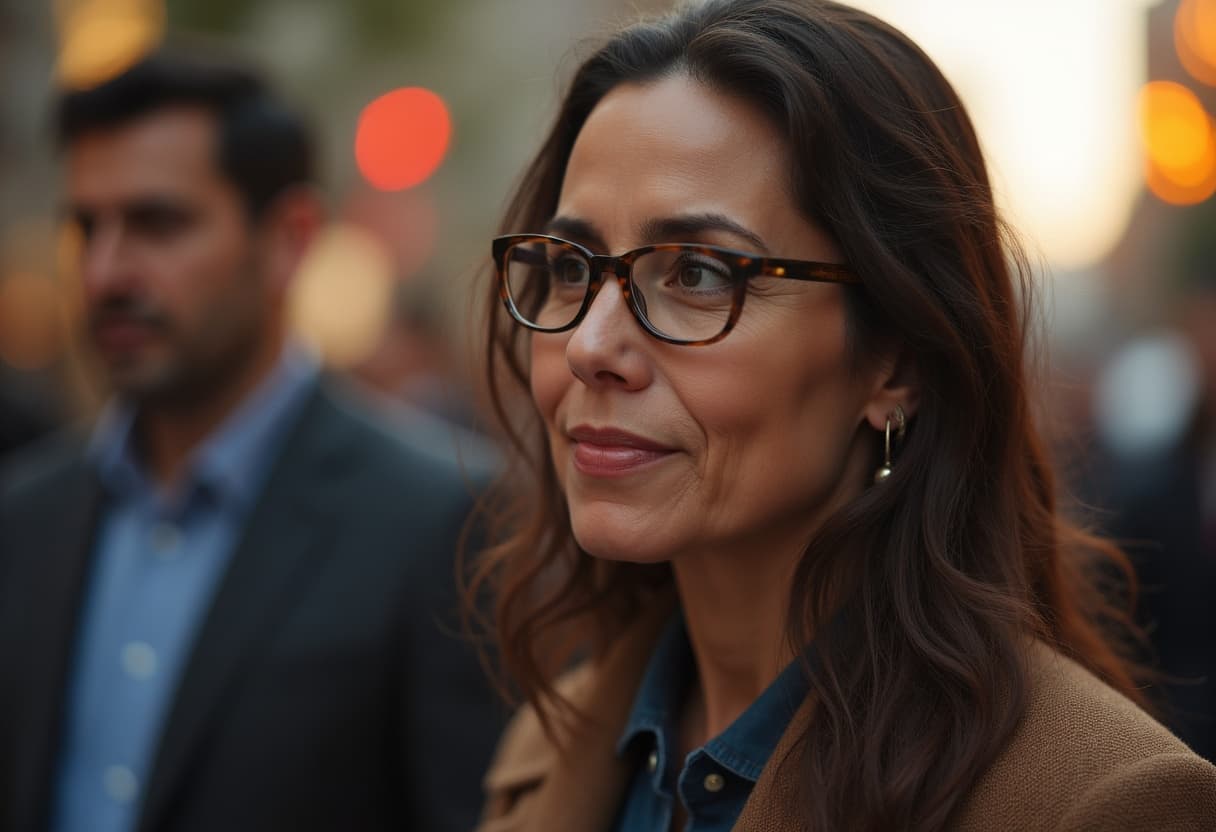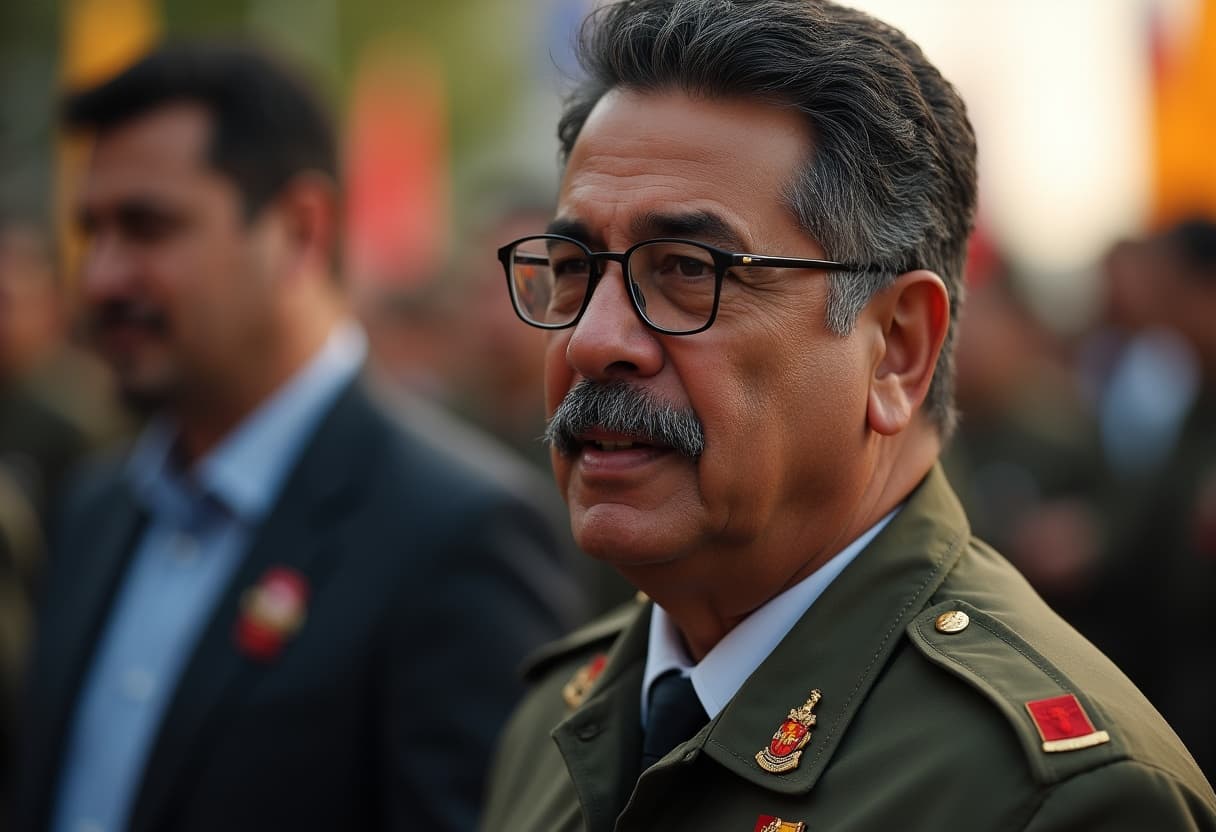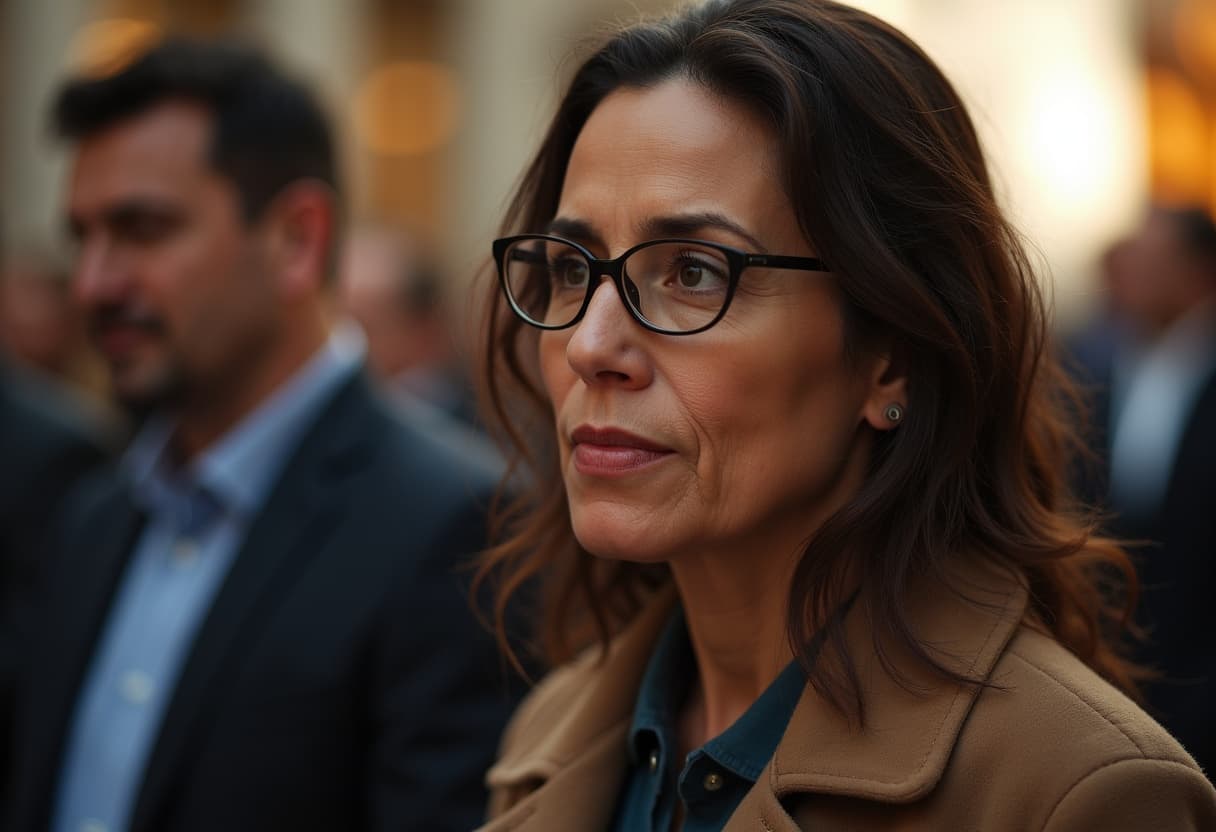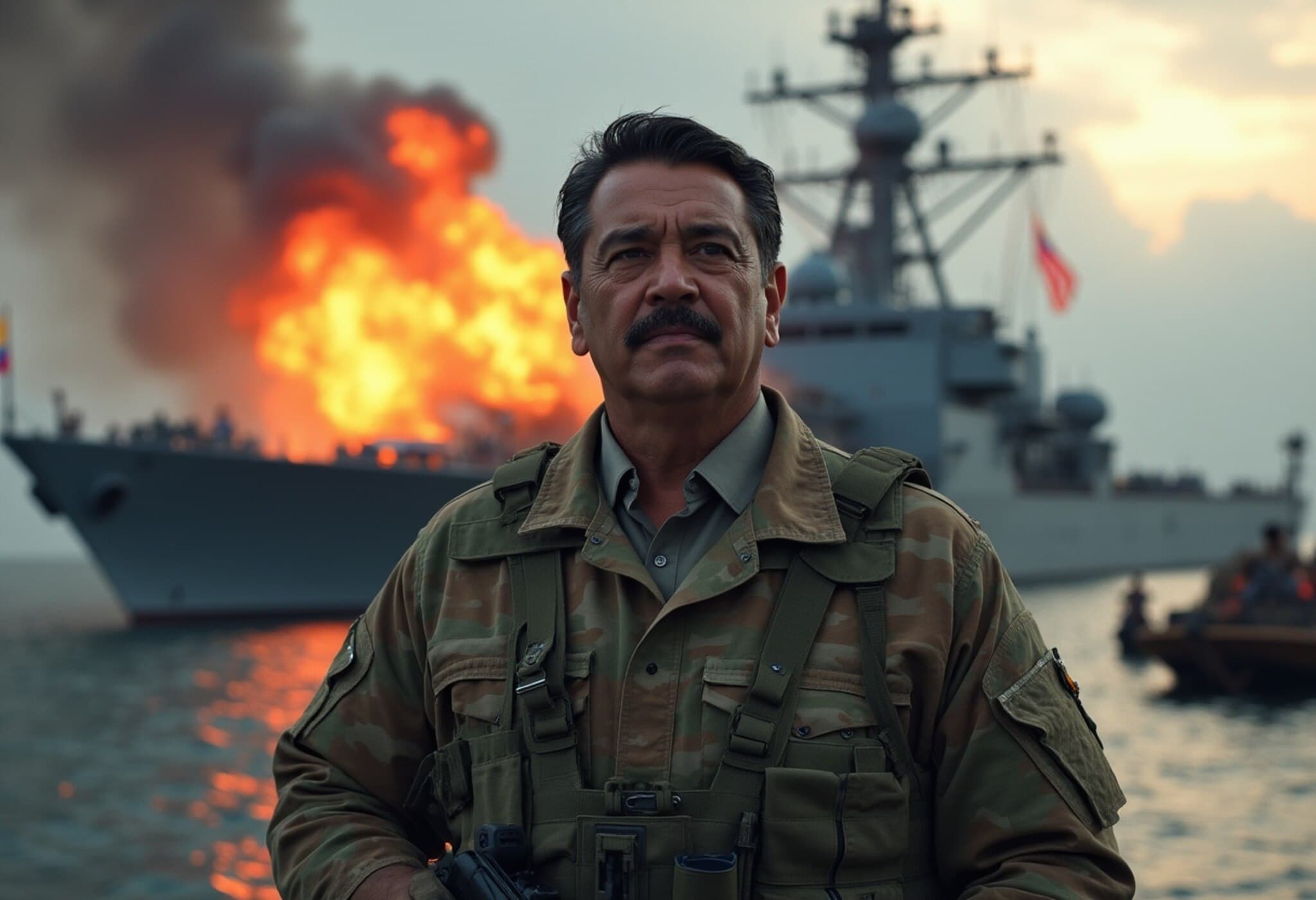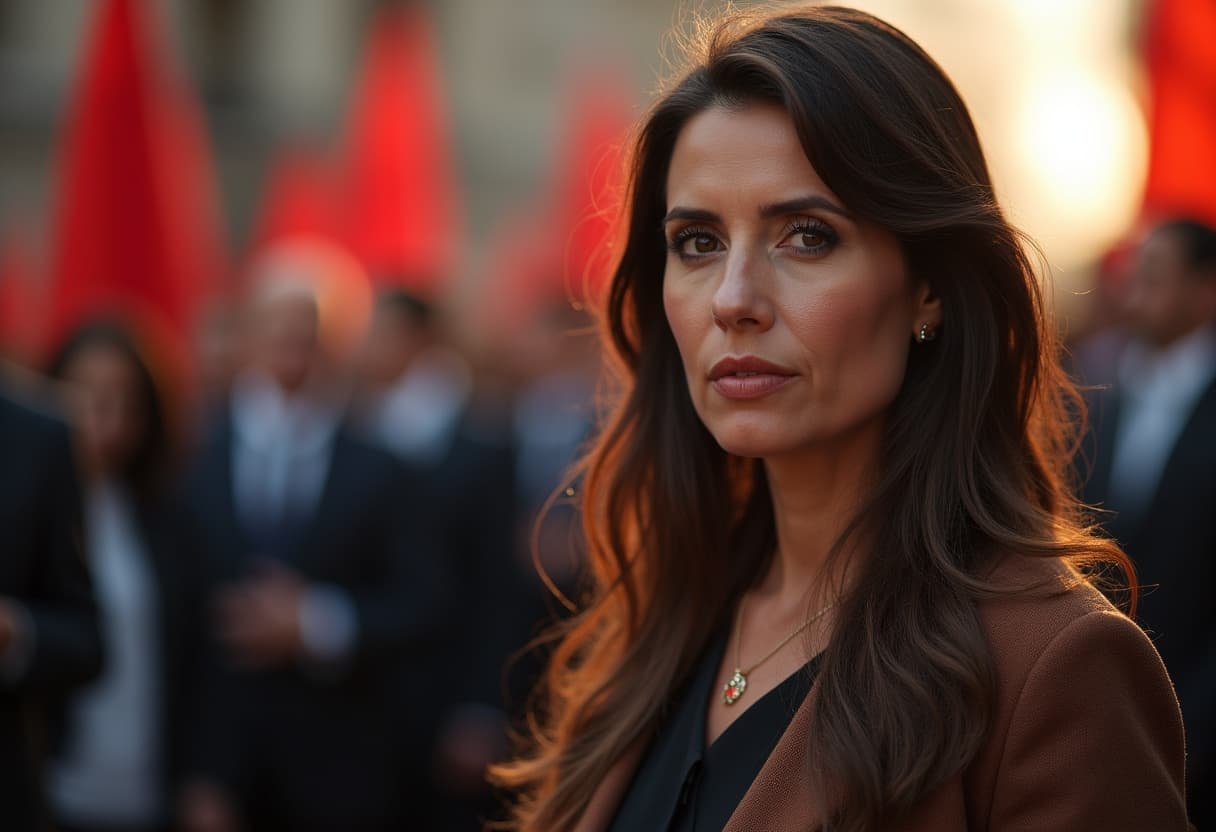Venezuela’s Maduro Proposed Sharing National Wealth to Avoid U.S. Confrontation
In a surprising diplomatic overture, Venezuelan President Nicolás Maduro reportedly offered the Trump administration extensive control over his country’s vast oil reserves and mineral wealth in an effort to defuse escalating tensions between Caracas and Washington.
According to multiple sources familiar with months-long confidential discussions, Maduro’s government proposed opening existing and future oil and gold projects to American companies, redirecting Venezuelan oil exports from China back to the U.S., and curtailing Venezuela’s economic partnerships with American adversaries such as China, Russia, and Iran. This unprecedented offer came against the backdrop of the Trump administration branding Maduro’s government as a “narco-terror cartel” and escalating military presence in the Caribbean.
A Bold But Rejected Proposal Amid Rising Hostilities
Despite the scale of the concessions on the table, the Trump administration ultimately rejected the deal, with senior U.S. officials firmly closing the door on negotiations last week. This cessation effectively put an end to what was seen by some as one of the most significant attempts at resource diplomacy during President Trump’s second term.
Behind closed doors, Venezuela’s ruling elite appeared willing to set aside the resource nationalism that had defined the Chavista era by significantly opening its energy and mining sectors to U.S. involvement in exchange for relief from sanctions and the threat of military intervention.
Complex Dynamics: Political Stalemates and Factional Divides
Efforts to negotiate a political solution faltered, however. While economic discussions made headway, there was no consensus on Maduro’s political future. Venezuelan Foreign Minister Yván Gil publicly asserted that Maduro would not step down. Opposing factions within Venezuela continue to call for democratic transition, emphasizing that economic opening without political reform lacks credibility.
María Corina Machado, a leading opposition figure, championed in Washington a vision promising even greater economic opportunity — estimating $1.7 trillion in investment potential over 15 years — tied to democratic governance, the rule of law, and freedom. Her economic advisor underscored that Maduro’s offers amounted to control through repression, not genuine stability.
U.S. Strategic Interests and Resource Diplomacy
The proposal tapped into broader themes of U.S. foreign policy under Trump, marked by a pragmatic, mercantilist approach to natural resources. From demanding Ukrainian mineral access in exchange for military aid, to retaining control of Syrian oil fields, and lamenting missed opportunities in Iraq, Trump’s policies often viewed resource access as a form of leverage.
Given Venezuela’s status as holder of the world’s largest proven oil reserves, plus significant natural gas, gold, iron, bauxite, and coltan deposits, the idea of American companies re-engaging the Venezuelan market presented undeniable strategic appeal. Debate persists over how swiftly Venezuela’s oil production—which has fallen from about three million barrels per day before the Chávez era to approximately one million now—could recover with renewed foreign investment.
Business Engagement and Diplomatic Nuances
- Chevron: The largest U.S. oil firm in Venezuela, Chevron, has gained increased control over joint oil projects and is negotiating stakes in new fields.
- ConocoPhillips: After its 2007 exit following nationalization, Conoco has engaged in talks about resuming oil trade.
- Shell: Recently obtained licenses to potentially restart gas production from Venezuela’s massive Dragon offshore field.
Such business developments reflect nuanced diplomatic signals amid ongoing U.S. sanctions and military pressures. For instance, Venezuelan authorities recently halted oil shipments to Cuba, marking a shift driven by U.S. demands and the desire to maximize foreign currency inflows.
Internal U.S. Policy Divisions and Regional Implications
The Trump administration’s approach has been fractured. National Security Adviser Marco Rubio championed a hardline stance, denouncing Maduro as illegitimate and urging regime change, while Special envoy Richard Grenell engaged more pragmatically on economic openings. Rubio’s influence ultimately stalled diplomatic breakthroughs, though some observers still hope for future shifts given Trump’s history of sudden policy reversals.
From a broader perspective, negotiations raise questions about the U.S.’s willingness to balance human rights concerns with economic interests. Historically, U.S. support for regime change in Venezuela has been justified on democratic grounds; however, Maduro’s economic outreach echoed more transactional, resource-centric diplomacy aligned with Trump’s core worldview.
Editor’s Note
This episode in U.S.-Venezuela relations exposes the tension between strategic resource access and democratic principles at the heart of American foreign policy debate. It challenges policymakers to consider whether economic engagement with autocratic regimes can coexist with meaningful political reform—and how such choices reverberate across hemispheric security and human rights landscapes. As the Venezuelan crisis persists, these unresolved questions remain critical for U.S. interests in Latin America.
Authored by Anatoly Kurmanaev, Julian E. Barnes, and Julie Turkewitz—experienced reporters on U.S. foreign policy, Latin America, and global resource diplomacy.

